News 3/6/14
The pay gap between primary care providers and specialists narrowed from 2012 to 2013, with primary care providers seeing an average compensation increase of 5.7 percent compared to 3.2 percent for medical specialists and 2.3 for surgical specialists. In a survey that considered the physician compensation and productivity at 484 healthcare organizations, one-third of the employers reported the use of quality metrics in their compensation plans.
Gastroenterology-specific EHR provider gMed will add medical content from Health Language into its gGastro platform.
MTBC will integrate its PM and RCM platform with Practice Fusion’s EHR.
The president of medical scribe provider PhysAssist Scribes reports that inquiries for scribes by outpatient medical clinics and physician offices are now five times higher than inquiries from EDs. His company charges $30 an hour for a clinical scribe, compared to $21-$24 an hour for an ED scribe. I think the key word here is “inquiry”: how many family practice physicians are willing/able to spend an additional $200+ a day for a scribe? Most already have all the patients that can handle so telling an FP he/she could be freed up to see a couple more patients a day is probably not a great selling point. Add on top on top of that the never-ending concerns over declining reimbursements and increased costs and the scribe companies may struggle to convert a good number of these “inquiries” to actual sales.
TriZetto Provider Solutions advises customers that it will continue to accept claims in print image, NSF, and legacy formats even after the ICD-10 implementation deadline. How many other clearinghouses will follow suit, I wonder?
Physicians Interactive and McKesson Patient Relationship Solutions will jointly deliver Coupons on Demand, which will provide clinicians access to online cost-saving offers for medications.
HIMSS Analytics recognizes 263 Ohio State University clinics with its Stage 7 Ambulatory Award.
Florida International University’s faculty practice chooses PatientKeeper Charge Capture.
Kinston Pulmonary Associates (NC) will implement NextGen PM and EMR from TSI Healthcare.
Despite the growing number of employed physicians, results from an ACPE survey suggest work still needs to be done to integrate physicians and develop performance-based reward programs. Less than half of the participating physician executives believe their physicians are fully integrated into their hospital or health system and only half have incentive plans to encourage or reward physicians for being engaged in practice performance initiatives.
A Chat with Girish Navani, Founder and CEO of eClinicalWorks
I had the opportunity to sit down with eClinicalWorks co-founder and CEO Girish Navani during HIMSS. We’ve met a few times over the years and I always find him to be charming, smart, and down-to-earth. Here’s a short summary of our conversation:
- ECW has signed on about 50 ACOs for its population health management platform.
- The company now serves 100,000 doctors.
- A few years ago the company’s support organization had a number of challenges. Girish believes that the support organization has now been turned around and support is no longer the issue it once was.
- Currently the company has nine hosting centers across the country.
- Look for the company to announce its first international customer in coming months.
- ECW continues to hire new employees, including 100 developers in the last six weeks.
- Of the company’s 3,000 employees, almost 900 are in the Westborough, MA headquarters and about 1,000 are in India.
- After hours live support comes from India and is available 24×7. Business house support comes from Massachusetts, California, and India with the help desk based in Westborough.
- Companies like eCW that serve thousands of smaller practices have a more difficult time getting all providers to attest for MU than a company like Epic , which serves a much smaller number of very large practices.
- Girish believes that the MU program will run its course in the next 12-18 months as more and more practices decide the later stages are financially not worth the effort. He also believes more vendors will decide not to apply for certification because of the amount of development work it requires.
- Next year look for the HIMSS chatter to focus more on new payment models such as bundled payments and risk-based plans.
- This year population health management vendors are hot, but within five years many will have disappeared. Just like we saw with EMR vendors in recent years, some population health vendors will be acquired and others will run out of money. In time population health tools will become a standard feature within most EHRs.
- Health information exchange should not be a “product” but a capability available with all EHRs.
- Girish estimates that his company would be valued at $6 billion if he were to take it public today. However, he still has no plans or incentive to do so. Currently the company has no debt, $150 million in cash, and $300 million in annual revenue.
- Three thousand people attended eCW’s October user group meeting in San Antonio. Girish expects the number to grow to 5,000 for this year’s meeting in Orlando.
- Fun fact: Girish says he still lives in the same house he did when he started the company, though he does have a fancier car (I am told he has more than one Maserati.)
Email Inga.





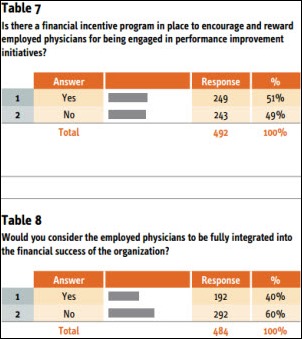



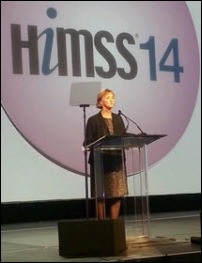

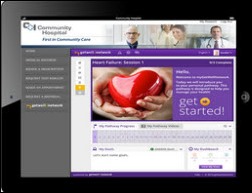





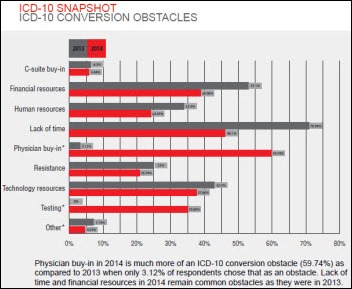
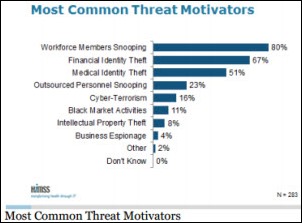
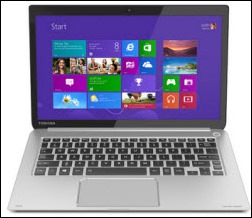


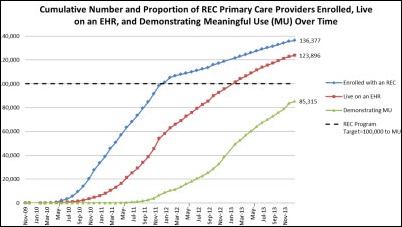
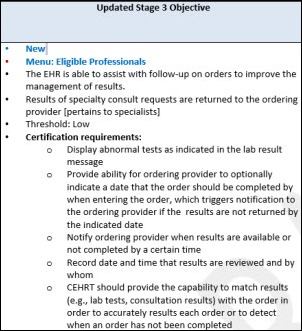
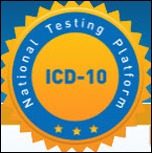


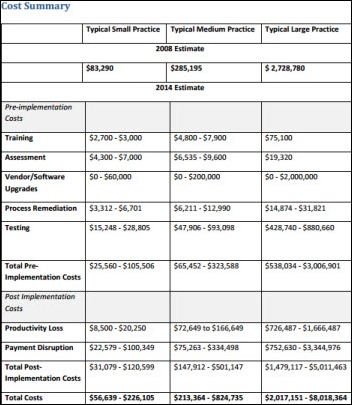
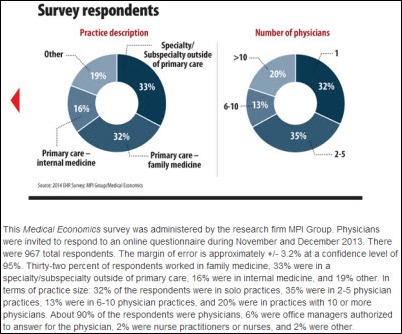
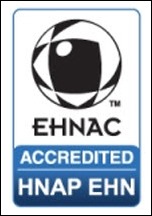



The article about Pediatric Associates in CA has a nugget with a potentially outsized impact: the implication that VFC vaccines…